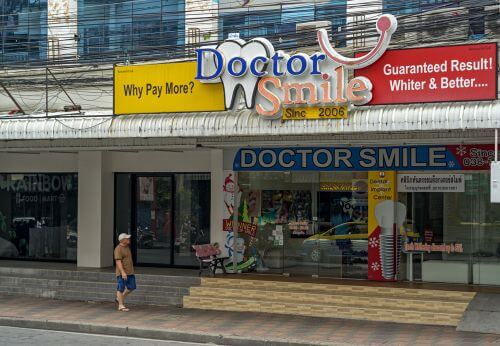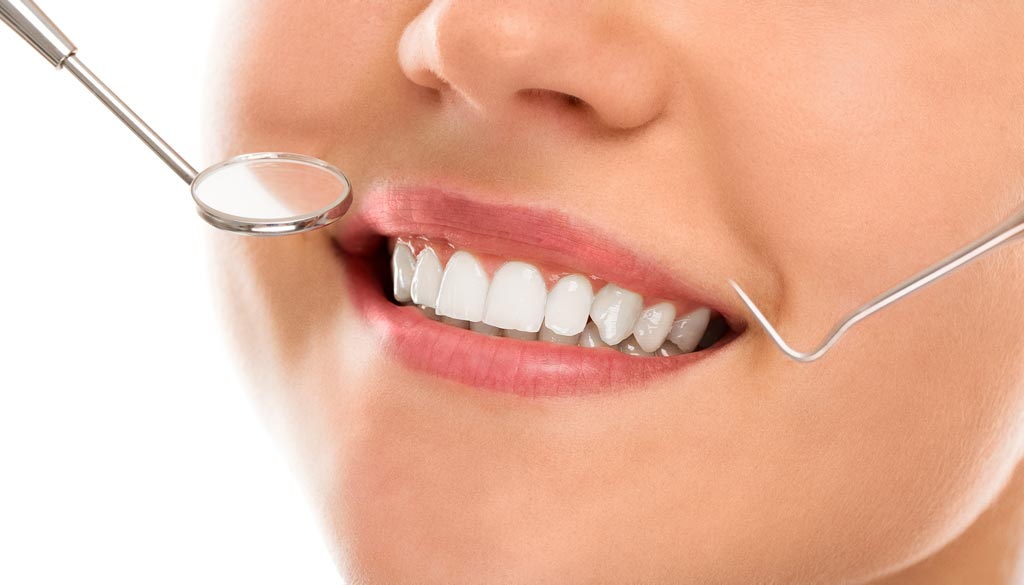Getting dental work done overseas sounds attractive right? You can jet off to an exotic location, get cheap fillings or veneers, and have a relaxing holiday at the same time.
But all is not what it seems.
While it may be tempting from a cost and holiday perspective, getting this type of work done overseas carries risks which you should be aware of.
So what are the risks of going on a dental holiday?
Cheap materials
In Australia, medical devices and prosthetics need to pass stringent rules set by the Therapeutic Goods Administration (TGA). The country you’re going to most likely won’t have the same rules for their medical materials. The products may look great, but they could also be low quality fakes and may not be durable, ending up costing you more in the long run.
Cheap staff and equipment
Cut price procedures require cutting on business running expenses, resulting in the dentist cutting important corners.
While cutting admin costs is not ideal, it gets dangerous if costs are being cut from staff training. Poorly trained, or even worse, untrained staff result in increased risk or errors and poor patient outcomes.
Another area where costs may be cut is on quality equipment. With reduced costs, the equipment is usually either second rate or not replaced when it should be, as the clinic simply cannot afford to spend money it does not have. The risks of performing skilled and precise dental work with poor equipment is a recipe for disaster.
There are many complications that can occur with poor dental work (typically caused by cheap materials and inexperience) that cause not only pain and but additional work to fix, but also cost far more than if one had stayed in Australia to get the work done.
Rushed Jobs and Tight Schedules
Most dental holiday patients are on a strict schedule due to their holiday. Therefore, to fit in with these timeframes, some overseas dentists will ignore the usual times required for correct dental work. For example, during implant procedures, pre-work may be rushed, affecting the final outcome.
Additionally, some patients may try to fix multiple dental issues at the same time, compromising the recovery periods between separate jobs. Without allowing sufficient time for your teeth and gums to recover, the risks of complications such as infections can increase.
Infection Control
In Australia, we have some of the best infection control procedures in the world, whereas infection control standards are not as high in many overseas countries. If you get an infection overseas, your quality of care may vary and could cost you a lot more in the long run than simply getting the procedure done at home.
Emergencies
In the event that something does go wrong in the dental chair, you’ll be in the care of people who may not be held to the same standards of proficiency as required in Australia – while a rare situation, it is an outcome best avoided.
The more complex procedure, the more the risk
Be aware that the bigger the procedure you’re going for, the more risk there is. If something goes wrong, you may not have an avenue for complaint like you would in Australia. Many overseas dental regulations are not as strict as they are here and the quality of the dentist you visit cannot be assured.
So is it worth getting dental work done overseas?
While you may save a few bucks and get away for a break at the same time, the decision to have dentistry work done in an overseas country needs to be weighed up against the risks. With dental work done in Australia, you always know that you’re getting:
- A proper diagnosis and treatment plan.
- Highly trained and qualified staff as a result of a highly regulated industry.
- Adherence to rigorous standards, codes and procedures in the Australian dental profession.
- The highest infection control standards in the world.
- The ability of recourse if complications do arise.
If you’re unsure about whether or not to get dental work done overseas, come have a chat with our friendly team. Book a consultation online or by phone on 07 5580 0621 today!




